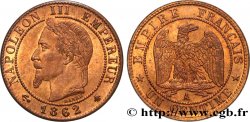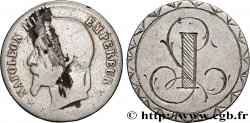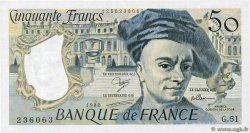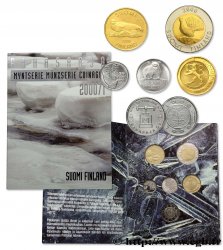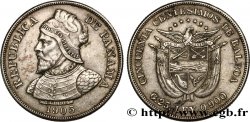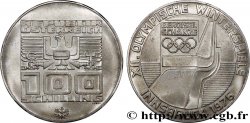E-auction 238-162250 - fme_371207 - SECOND EMPIRE Médaillette de la place du Roi de Rome / Trocadéro
得先注册又得到批准才可以报价。为了报价注册. 客户应该得到公司允许,那种过程需要 48 个小时。别等出售结束那一天才登记。您报价的话等于您赞成买那物品,而且按« 保价 » 证明您接受 cgb.fr 因特网拍卖使用法.
报价时只可以出全数值欧元总额。物品描述也说明销售结束时间,结束后出价都不会生效。 报价命令转达有时变动,等到最后秒钟增加否决的可能会。想多了解的话请注意 因特网拍卖常问
购货人不付费
购货人不付费
| 估算 : | 20 € |
| 价格 : | 12 € |
| 最高出价 : | 12 € |
| 拍卖结束日期 : | 06 November 2017 19:04:30 |
| 竞拍人 : | 4 竞拍人 |
种类 Médaillette de la place du Roi de Rome / Trocadéro
日期: 1867
铸币厂名称/城市 75 - Paris
材质 bronze
直径 14,5 mm
模子方针 12 h.
重量 1,23 g.
侧面 lisse
关于品相的说明
Médaillette de 17,5 mm avec sa bélière
正面
正面的文字 J. C. F. NAPOLÉON - ROI DE ROME.
正面的说明书 Tête à gauche du Roi de Rome, les cheveux mi longs.
背面
背面的文字 INAUGURATION / DE LA PLACE / DU / ROI DE ROME / 1867.
背面的说明书 Légende en 5 lignes dans une couronne de lauriers.
评论
Napoléon donna à son fils le titre de roi de Rome. Le sénatus-consulte organique du 17 février 1810 prévoyait en son article 7 : « Le prince impérial [c'est-à-dire le prince héritier] porte le titre et reçoit les honneurs de roi de Rome ». Ce titre n'avait pas été prévu par la constitution de l'an XII.
Deux voies aménagées sous le Second Empire à Paris furent dédiées au roi de Rome :
- Le boulevard de Passy devint l'avenue du Roi-de-Rome en 1864. Cette avenue devint l'avenue Kléber par arrêté du 16 août 1879.
- La place du Roi-de-Rome. Cette place devint la place du Trocadéro par arrêté du 1er février 1877 puis la place du Trocadéro-et-du-11-Novembre (sic) par arrêté municipal du 18 octobre 1978.
L’avenue menait à une place proche de l’emplacement où aurait dû s’élever le palais du Roi de Rome..
Napoleon gave his son the title of King of Rome. The Organic Senatus Consultum of February 17, 1810 provided in its Article 7: \\\"The Imperial Prince [that is, the Crown Prince] bears the title and receives the honors of King of Rome.\\\" This title had not been provided for in the Constitution of the Year XII. Two roads built under the Second Empire in Paris were dedicated to the King of Rome: - Boulevard de Passy became Avenue du Roi-de-Rome in 1864. This avenue became Avenue Kléber by decree of August 16, 1879. - Place du Roi-de-Rome. This square became the Place du Trocadéro by decree of February 1, 1877, then the Place du Trocadéro-et-du-11-Novembre (sic) by municipal decree of October 18, 1978. The avenue led to a square close to the site where the palace of the King of Rome should have been built.
Deux voies aménagées sous le Second Empire à Paris furent dédiées au roi de Rome :
- Le boulevard de Passy devint l'avenue du Roi-de-Rome en 1864. Cette avenue devint l'avenue Kléber par arrêté du 16 août 1879.
- La place du Roi-de-Rome. Cette place devint la place du Trocadéro par arrêté du 1er février 1877 puis la place du Trocadéro-et-du-11-Novembre (sic) par arrêté municipal du 18 octobre 1978.
L’avenue menait à une place proche de l’emplacement où aurait dû s’élever le palais du Roi de Rome..
Napoleon gave his son the title of King of Rome. The Organic Senatus Consultum of February 17, 1810 provided in its Article 7: \\\"The Imperial Prince [that is, the Crown Prince] bears the title and receives the honors of King of Rome.\\\" This title had not been provided for in the Constitution of the Year XII. Two roads built under the Second Empire in Paris were dedicated to the King of Rome: - Boulevard de Passy became Avenue du Roi-de-Rome in 1864. This avenue became Avenue Kléber by decree of August 16, 1879. - Place du Roi-de-Rome. This square became the Place du Trocadéro by decree of February 1, 1877, then the Place du Trocadéro-et-du-11-Novembre (sic) by municipal decree of October 18, 1978. The avenue led to a square close to the site where the palace of the King of Rome should have been built.







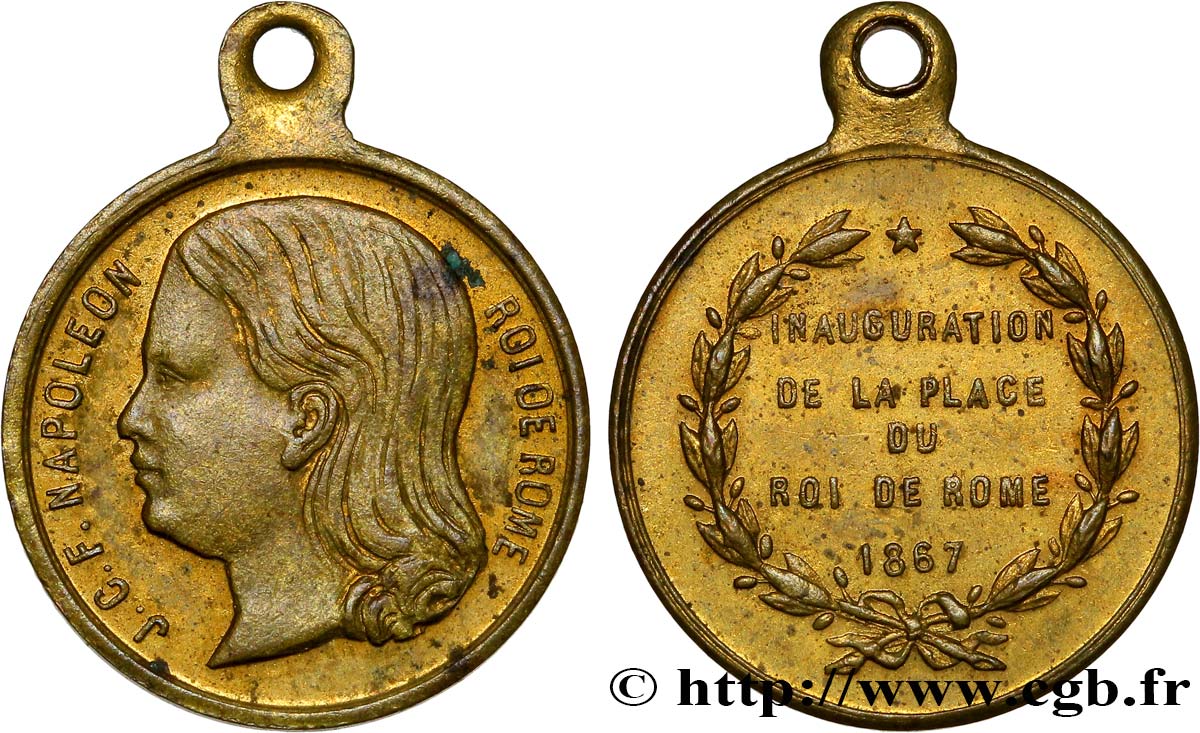
 对产品描述纠错
对产品描述纠错 打印
打印 分享我的选择
分享我的选择 提问
提问 Consign / sell
Consign / sell
 产品介绍
产品介绍